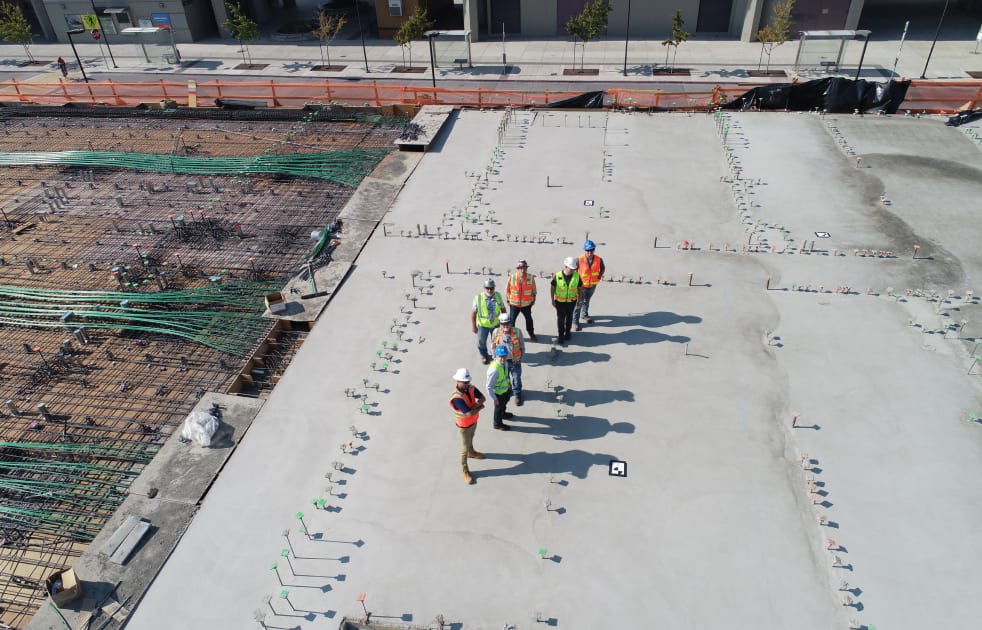
The place where mistreatment comes to die
we're fighting distress
Quality of Life CheckReport MistreatmentPrevent MistreatmentMonitor Mistreatment© 2025 Seniors In Distress. All rights reserved.

To a senior, credit is not just about loans or credit cards—it is a reflection of their lifetime of financial responsibility. Good credit allows seniors to qualify for affordable housing, access financing for essential needs like medical devices or home modifications and maintain everyday necessities such as utility services or phone plans without burdensome deposits. Unfortunately, many seniors do not realize that their credit can be damaged without their knowledge—through fraud, identity theft, or unpaid accounts opened in their name. A compromised credit history can limit choices and force difficult decisions in already vulnerable situations.
Elder fraud is one of the fastest-growing crimes in the United States, affecting millions of older adults each year. According to the FBI’s 2023 Elder Fraud Report, seniors reported over $3.4 billion in losses due to fraud—an 11% increase from the previous year. Beyond the financial devastation, elder fraud often leaves lasting emotional scars, including shame, anxiety, and a loss of trust in others. It can compromise housing stability, disrupt medical care, and force seniors to choose between basic needs. Whether through identity theft, credit card fraud, or scams involving caregivers or trusted contacts, the consequences of financial exploitation severely impact a senior’s independence, dignity, and overall quality of life.
Seniors living at home are at high risk of financial fraud and identity theft due to mail theft, phone scams, and online fraud. According to the Federal Trade Commission (FTC), seniors reported over $1.6 billion in losses from fraud in 2023, with imposter scams being the most common. Many seniors also unknowingly share personal information with scammers posing as banks, government agencies, or service providers. Without safeguards in place, unauthorized accounts, fraudulent charges, or drained savings can go unnoticed, jeopardizing financial stability.
For seniors living independently, credit is often tied to their freedom and self-reliance. It allows them to:
Without credit protection, identity theft or scams can lead to unpaid debts in their name—making it harder to age safely at home or qualify for needed services.

Seniors in nursing homes or assisted living facilities often rely on staff or family members for financial management, making them vulnerable to misuse of funds, unauthorized credit card charges, or stolen personal information. The Consumer Financial Protection Bureau (CFPB) reports that financial exploitation in care settings is frequently underreported, as seniors may fear retaliation or be unaware of unauthorized transactions. Facilities with weak financial oversight may also increase the risk of financial abuse by caregivers or other residents.
Even in long-term care or assisted living, seniors still use credit for:
Many facilities have shared staff or communal areas, increasing the risk of financial exploitation or unauthorized use of personal financial details.
Medical identity theft is a growing concern for seniors receiving frequent healthcare services. The Medical Identity Fraud Alliance (MIFA) estimates that 2.3 million Americans are victims of medical identity theft each year, with seniors being prime targets. Fraudsters use stolen medical information to obtain prescription drugs, file false insurance claims, or charge medical expenses to an unsuspecting senior’s name. Billing errors, mismanaged records, and unauthorized access to insurance details can lead to financial and credit damage.
Credit helps cover medical costs not paid by insurance or Medicare, such as:
A senior’s identity can be stolen from paperwork left in exam rooms, billing offices, or during hospital admissions—causing fraudulent medical debt and damage to their credit report.
Seniors experiencing homelessness or living in temporary shelters face heightened risks of financial exploitation. Without secure storage for identification, credit cards, or financial documents, their personal information can be stolen and misused. The National Coalition for the Homeless highlights that identity theft is a major problem in shelters, as stolen identities can be used for fraudulent credit applications, medical claims, or benefits theft. Limited access to banking and credit monitoring services makes it difficult for seniors to detect fraud or recover from financial losses.
For unhoused or displaced seniors, credit is crucial for:
Shelters may lack privacy or security, making personal information vulnerable. Without credit protection, even small errors or fraud can block a senior from reentering stable living situations.

At Seniors In Distress, we are dedicated to ensuring that seniors have the protection they need to safeguard their financial, personal, and medical information, whether they live at home, in a care facility, visiting a medical center, or in a shelter. Through a combination of advocacy, resource navigation, and direct support services, we assist seniors in maintaining their security and independence.
Seniors are increasingly vulnerable to financial exploitation, identity theft, and fraud—especially when living in environments where they lack full control over their personal information. Ensuring credit protection is essential to maintaining financial health and security, whether at home, in care facilities, medical centers, or shelters.
If you, a loved one or someone you know is at risk of financial exploitation or has concerns about their credit security, contact us today or visit our affordable protect membership plans to discuss how we can help ensure your credit and financial safety.